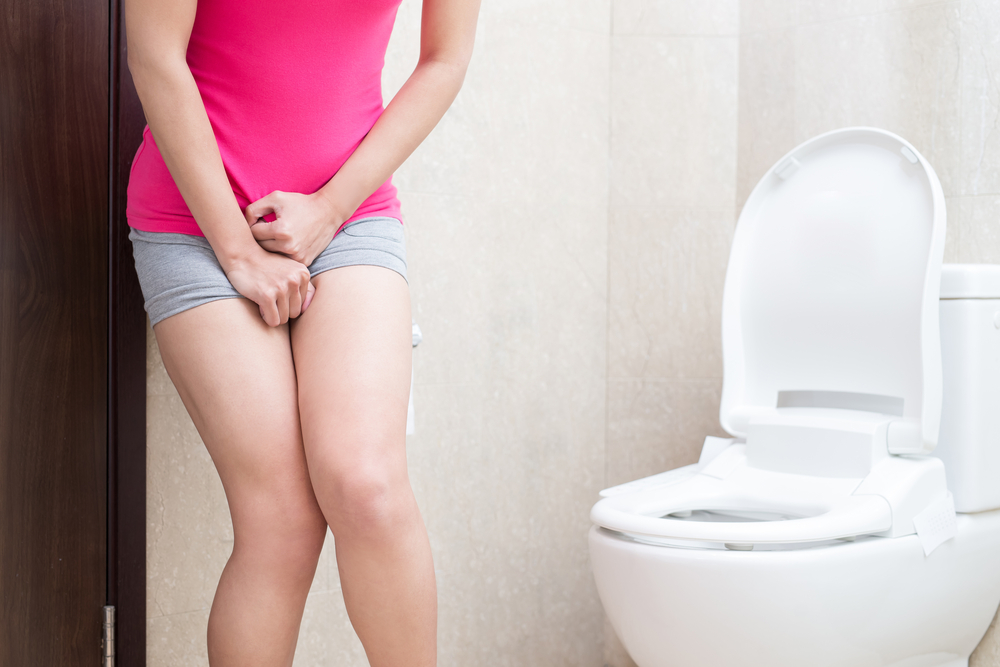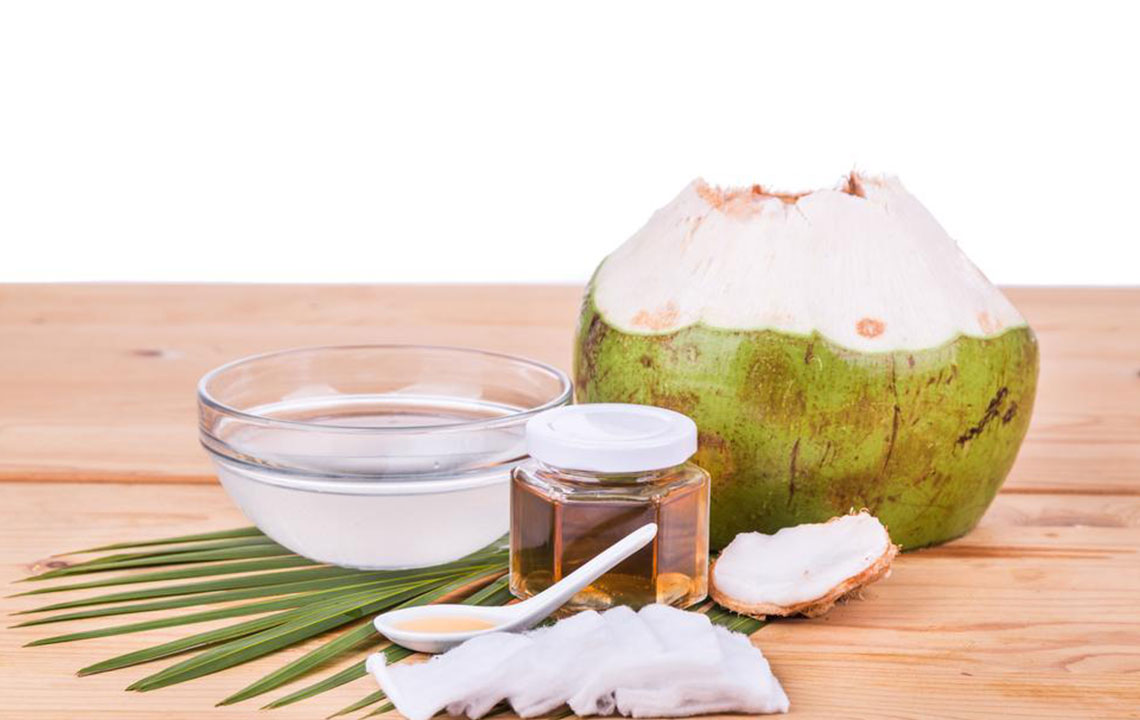What You Need to Know About Frequent Urination: Causes and Solutions
This article explores the causes, symptoms, and treatment options for frequent urination. It covers common factors like lifestyle, health conditions, and infections, along with practical remedies like exercises and dietary modifications. Recognizing the signs early and consulting healthcare professionals can improve management and quality of life.

What You Need to Know About Frequent Urination: Causes and Solutions
Frequent urination - understanding causes, signs, and management options
Frequent urination is the need to urinate more often than usual, often disrupting daily life and sleep. It can be a sign of health issues. Medically called increased urinary frequency, it differs from urinary incontinence, which involves involuntary leakage. Many people experience this, sometimes urinating over three liters daily. Recognizing the causes and symptoms is essential for effective treatment.
Here’s an overview of common causes, symptoms, and remedies for frequent urination.
Important facts:
It involves multiple trips to the bathroom during day and night, not urine leakage.
Normal is about six to seven bathroom visits per 24 hours; more may indicate a problem.
Simple exercises can help, unless underlying conditions like diabetes are involved.
Common causes include:
High fluid intake, caffeine, and alcohol consumption
Habitual urination patterns
Kidney or ureter issues
Bladder infections or dysfunction
Pregnancy, prostate problems, diabetes
Anxiety or nervous system issues
Use of diuretics or certain medications
Nerve damage, stroke
Urinary tract infections
Pelvic tumors or growths
Overactive bladder syndrome (OAB)
Bladder or kidney stones
Urethral constrictions
Other infections, diverticulitis, STIs like chlamydia
Symptoms to monitor:
Frequent bathroom visits
Nighttime urination (nocturia)
Pain during urination, back, or side
Cloudy, bloody, or discolored urine
Loss of bladder control
Fever, chills, nausea, vomiting
Struggling to urinate despite urge
Genital discharge
Increased thirst and hunger
Possible treatments:
Pelvic exercises (Kegel) to strengthen bladder muscles
Bladder training to gradually increase intervals between urination
Managing fluid intake to hydrate properly without excessive night-time drinking
Diet adjustments to reduce bladder irritants like spicy foods, caffeine, alcohol, artificial sweeteners, sodas, chocolates, and tomatoes. Increasing fiber can also alleviate symptoms, especially with constipation and OAB
Note: This information is for general awareness and should not replace professional medical advice. Consult a healthcare provider for personalized diagnosis and treatment.


